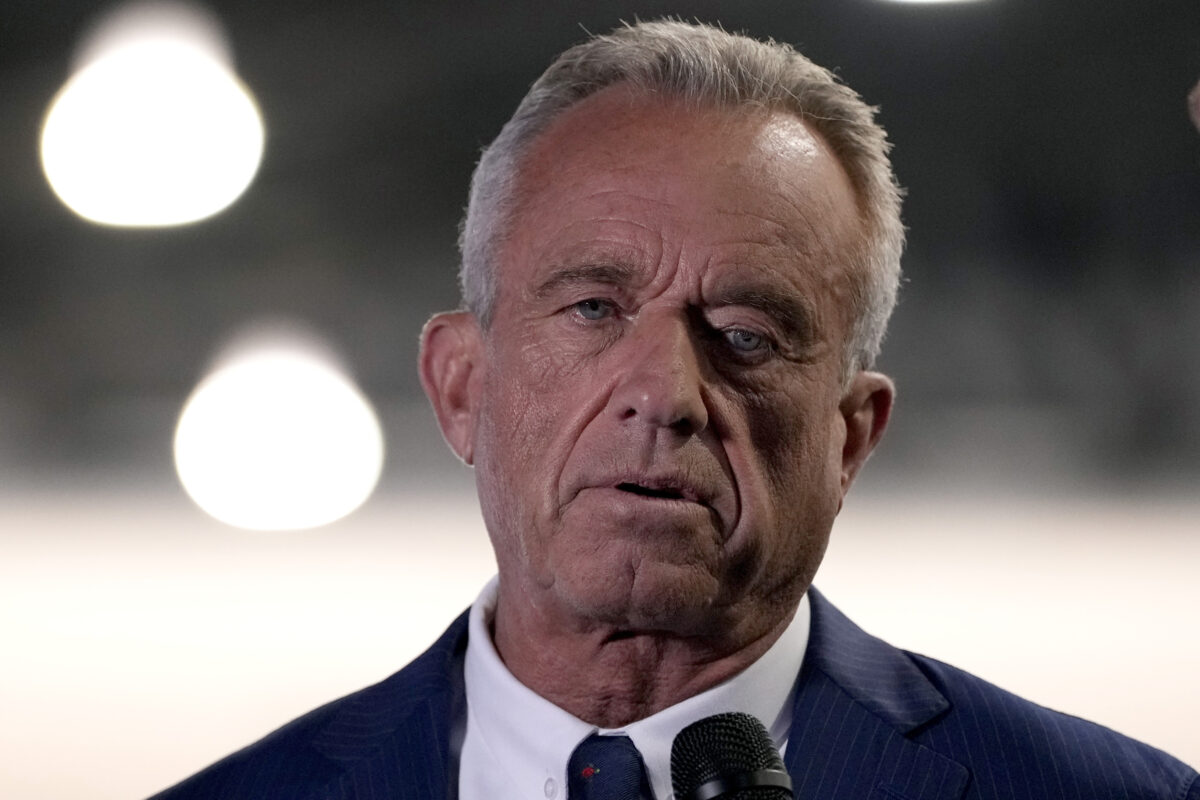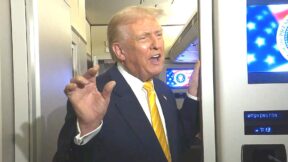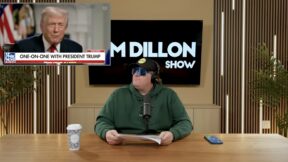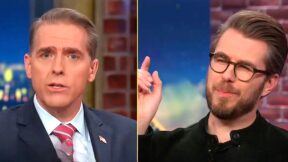Wall Street Journal Editorial Board Warns RFK Jr. ‘Dangerous To Public Health’ As Confirmation Hearings Loom

AP Photo/Matt Slocum
The Wall Street Journal editorial board warned that Robert F. Kennedy Jr., Health and Human Services Secretary nominee, is “dangerous to public health” and accused him of having deep conflicts of interest ahead of his confirmation hearings.
In an editorial published Sunday, the WSJ argued that Kennedy had a long history of pushing “anti-vaccine views” and “dubious ideas” and then rounded on his financial ties to trial lawyers, warning that his appointment could jeopardize vaccine production and public trust.
While presenting himself as a truth-teller and slayer of government corruption, he’s as slippery as Anthony Fauci.
Most troubling is his long record of anti-vaccine advocacy. In the past he has claimed that the measles vaccine causes autism despite reams of studies that have found no causative link, and that the polio vaccine might have killed many more than the actual virus. Deadly infectious diseases disappeared because of better hygiene, not vaccines, he asserts.
The board went on to argue that Kennedy has attempted to “soften his vaccine skepticism” in rhetoric since being nominated and mocked Kennedy’s stated aim of ensuring vaccine safety and transparency.
“He says he merely wants to ensure that vaccines are safe and thoroughly studied—who doesn’t?” the authors wrote. But according to the WSJ, Kennedy’s real aim is to “open the industry to lawsuits by the trial bar.”
The editorial board then pointed to financial disclosures that reportedly show Kennedy has raked in millions by referring clients to major law firms like Wisner Baum and Morgan & Morgan, which have aggressively pursued litigation against vaccine manufacturers. Wisner Baum led lawsuits against Merck over its Gardasil vaccine.
The risk is high that Mr. Kennedy will use his power and pulpit at HHS to enrich his trial-lawyer friends at the expense of public health and medical innovation.
The editorial board expressed concern that Kennedy if confirmed, could exploit his position to remove vaccines from the National Vaccine Injury Compensation Program—a system Congress established in 1986 to protect manufacturers from a flood of lawsuits that threatened the vaccine supply.
“Companies facing enormous legal expenses and potential damages might stop making vaccines, which is what happened in the 1980s,” they cautioned.
Further, the board warned that Kennedy could expose proprietary vaccine data under the guise of transparency, which could embolden trial lawyers to pursue “mass torts based on weak evidence.”
While acknowledging that rare vaccine side effects exist, the WSJ argued that the existing regulatory system is already effective at identifying them, pointing to the FDA’s recent decision to pause RSV vaccine trials after potential safety concerns emerged.
In closing the editorial board urged senators to be dubious of Kennedy’s “confirmation conversions” and instead focus on his “career of spreading falsehoods.”




